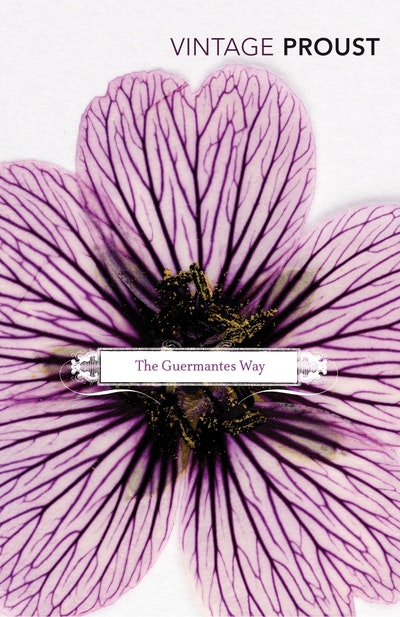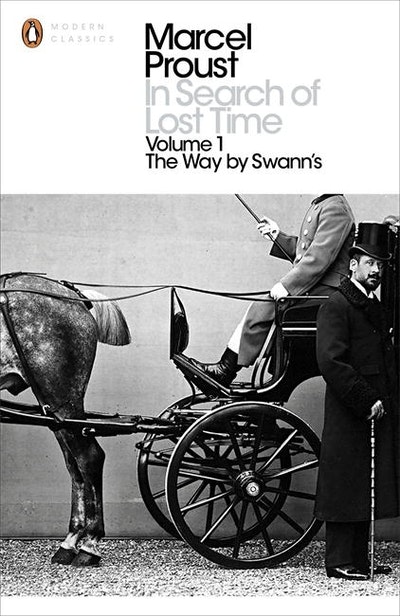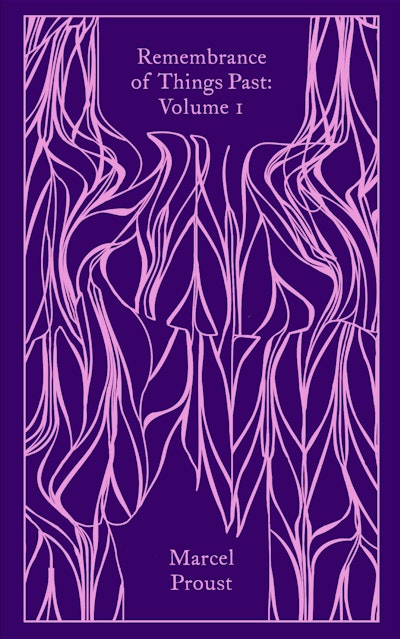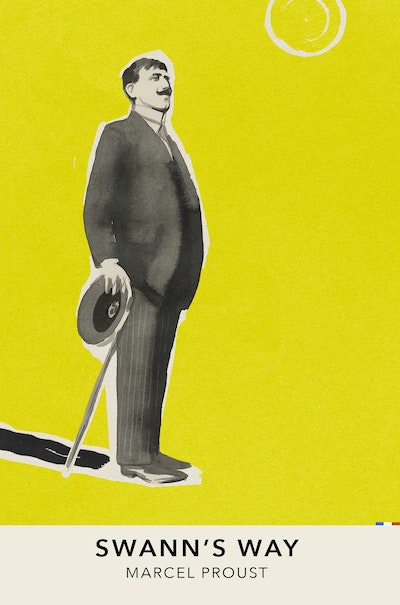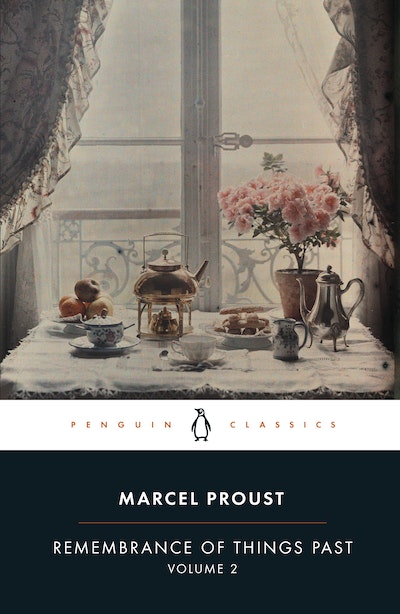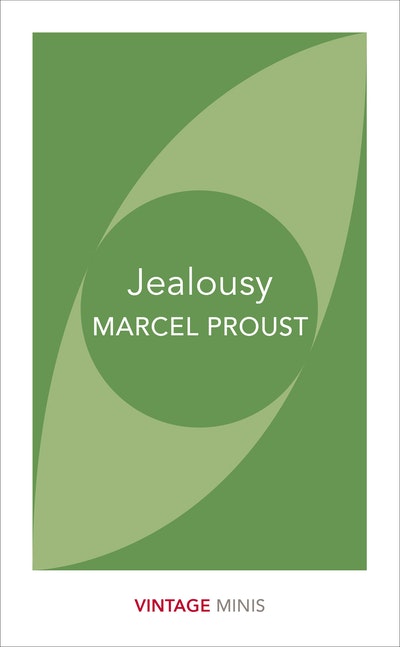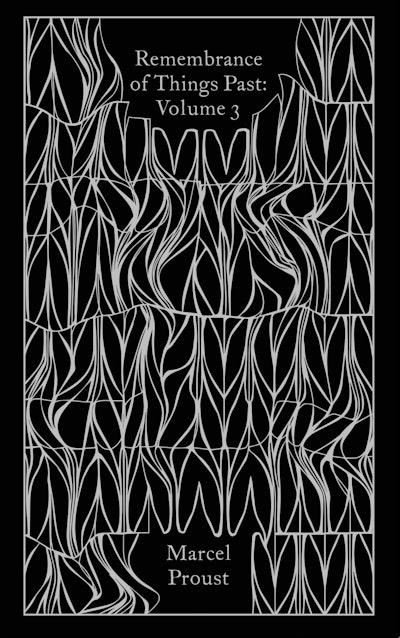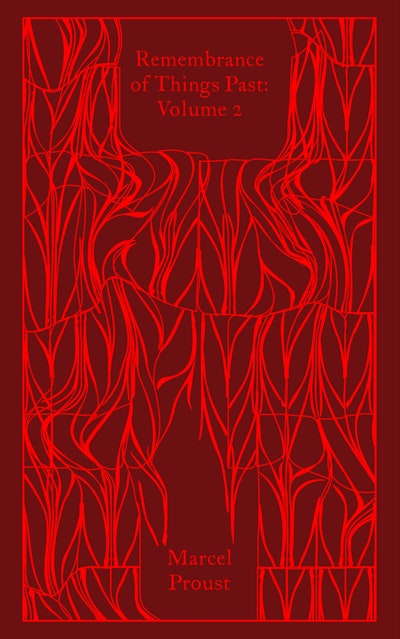- Published: 10 January 1997
- ISBN: 9780099362418
- Imprint: Vintage Classics
- Format: Paperback
- Pages: 720
- RRP: $19.99
In Search of Lost Time, Vol 3
The Guermantes Way
Formats & editions
Buy from…
- Published: 10 January 1997
- ISBN: 9780099362418
- Imprint: Vintage Classics
- Format: Paperback
- Pages: 720
- RRP: $19.99
A version that wonderfully proves the greatness of this novel, this novelist
Melvyn Bragg, Guardian
What a genius! Whole pages cascade, like great jazz slaloms
Bill Nighy, The Times
One of the cornerstones of the Western literary canon
The Times
It's a novel with zero plot, but the narrator's brilliant analyses of everyday experiences more than make up for it. I've never read a better description of what it feels like to fall asleep
Alain de Botton, Mail on Sunday
The plot is as gripping as any soap opera, the jokes come thick and fast...Proust's is a world entire - so why not take it with you anywhere in the world?
Will Self, Independent on Sunday
The way he replicates the workings of the mind changed the art of novel-writing forever...his style is extraordinary, enveloping, captivating
Guardian
